
Students attend the third live class of the "Tiangong Class" series at a primary school in Shenyang, Northeast China's Liaoning province, Oct 12, 2022. (Photo by Zhang Hong/for China Daily)
Chinese astronauts conducted an open science lecture on Wednesday afternoon from the orbiting Tiangong space station for students around the globe.
At the beginning of the educational activity, livestreamed worldwide by China Media Group, the astronauts of the Shenzhou XIV mission — Senior Colonel Chen Dong, Senior Colonel Liu Yang and Senior Colonel Cai Xuzhe — showed the audience the sleeping and living quarters and scientific apparatus inside the Wentian lab module, which became part of the Tiangong station in July.
The astronauts then carried out some experiments to show unique physical phenomena in microgravity inside the space station and explained these phenomena. They also demonstrated sampling procedures on stalks of rice and thale cress, a small flowering plant of the mustard family, that grow inside a scientific cabinet.
During the 50-minute lecture, the crew members also answered questions from students that ranged from how to become an astronaut to what kinds of plants will be brought to space in future spaceflights.
As many as dozens of millions of primary and middle school students across China watched the televised event hosted by the China Manned Space Agency, the Ministry of Education and other government departments.
Nearly 400 invited students in Beijing, Heze, Shandong province, Zhengzhou, Henan province, and Dali, Yunnan province, were present at "ground class venues", according to the space agency.
The activity marked the third lecture of the Tiangong Class series, China's first extraterrestrial lecture series that aims to popularize space science. It was also the first time that the Shenzhou XIV mission crew gave a lecture.
Chen Zheng, an associate professor at Beijing Jiaotong University's School of Science who helped plan the Tiangong Class lectures, said physical experiments are most suitable for space-based science lectures because they are safer and easier to be done inside the spacecraft and the differences between those conducted in space and on Earth can be clearly and conveniently observed by students.
"By contrast, chemical or biological experiments are more prone to safety concerns and usually need more time. Besides, they are usually more sophisticated," he said.
Gou Lijun, a researcher at the Chinese Academy of Sciences' National Astronomical Observatories and one of the Tiangong Class planners, explained that the major objective of the lectures was to show the audience the physical laws in space and their differences from those on Earth.








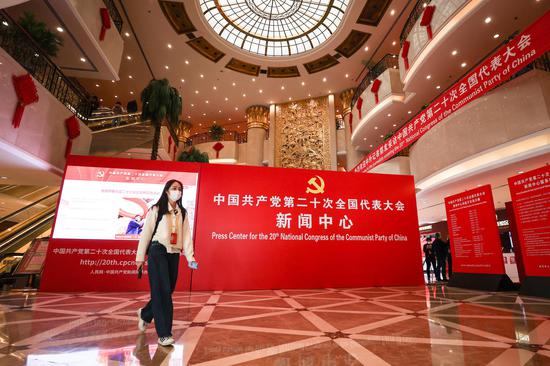
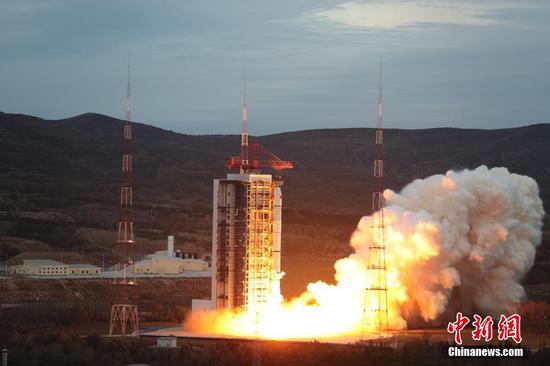
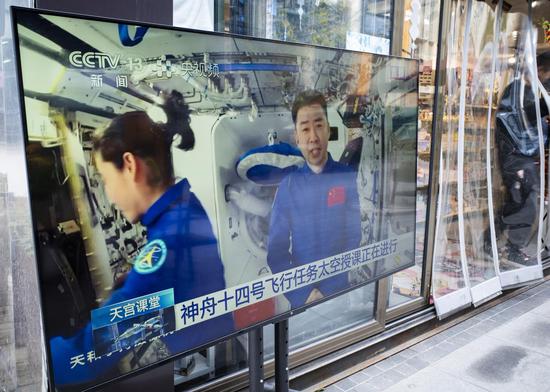
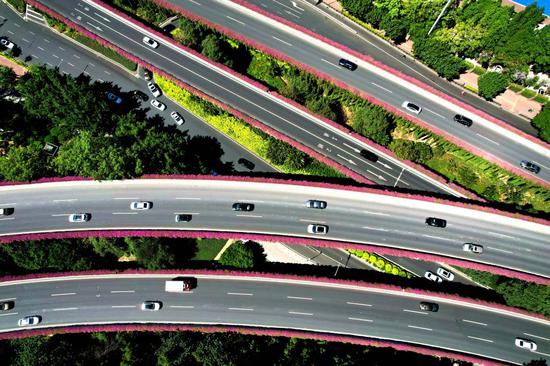
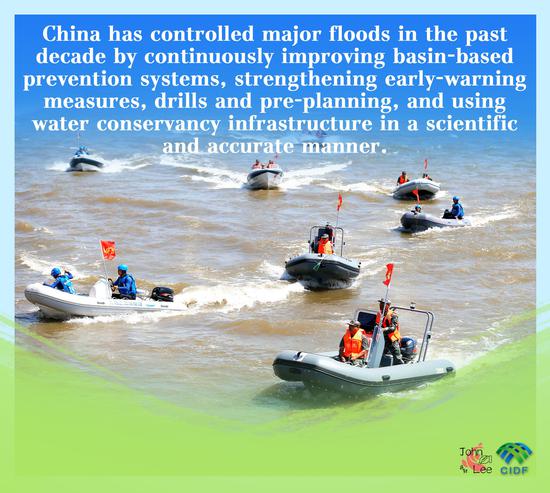
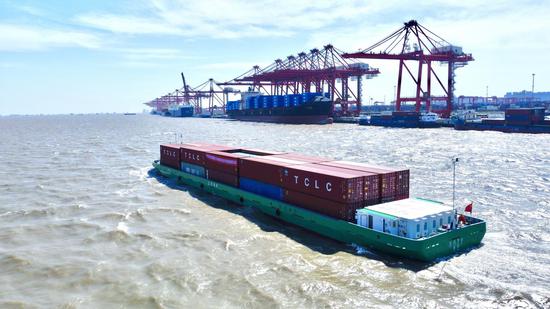
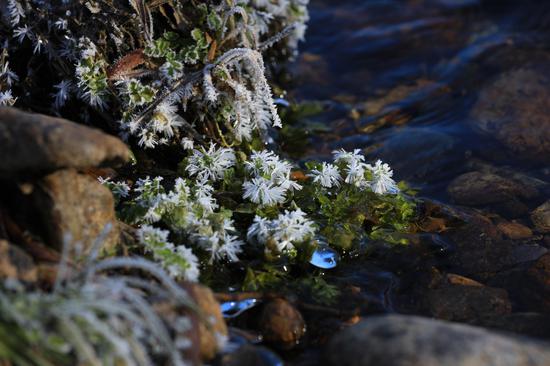
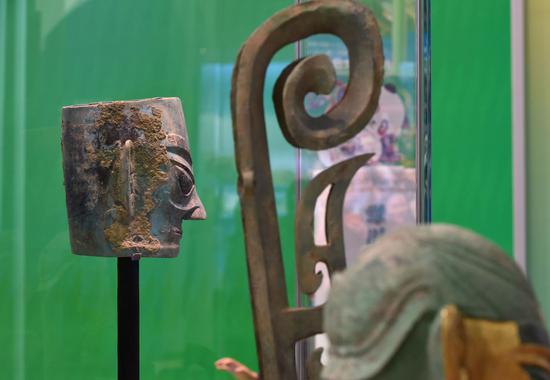
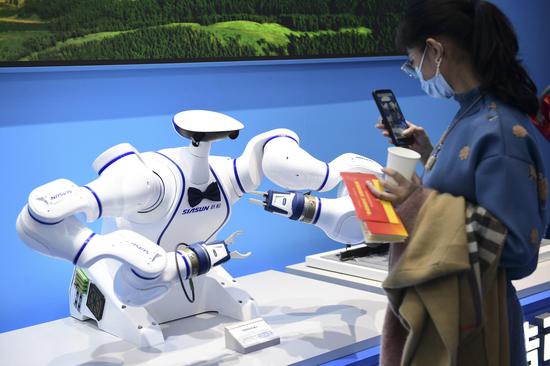
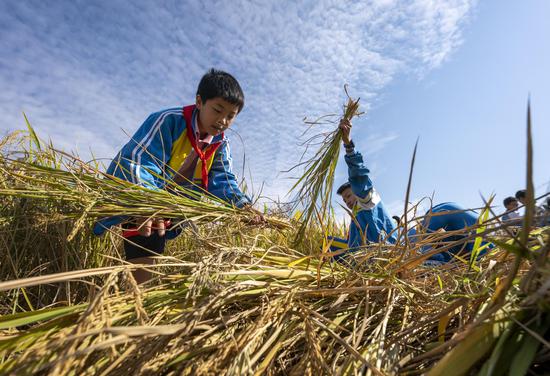
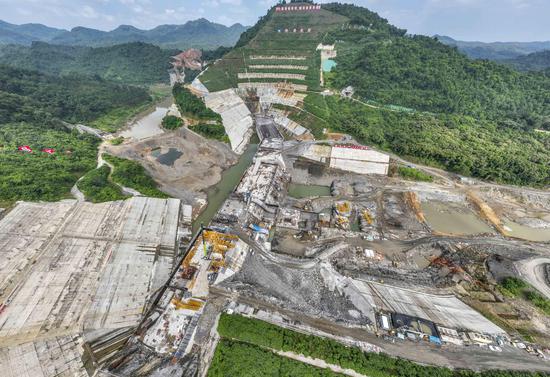
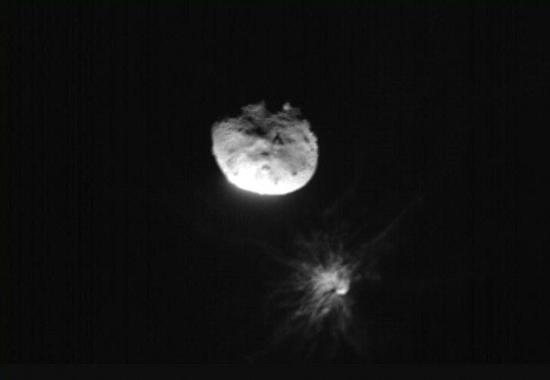

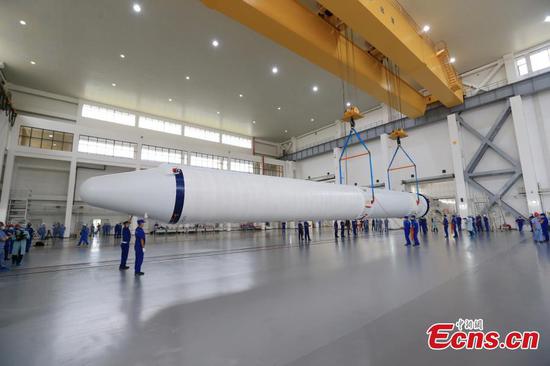
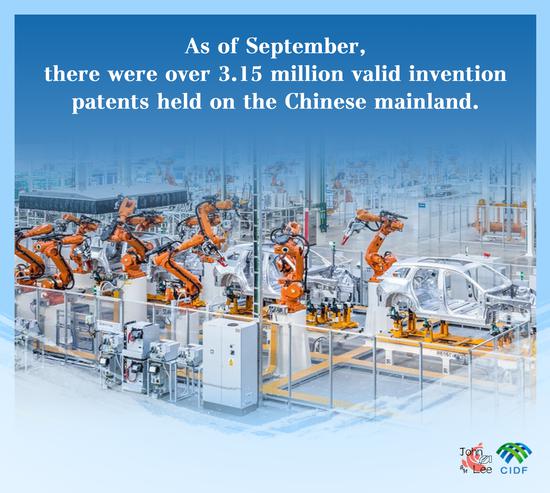
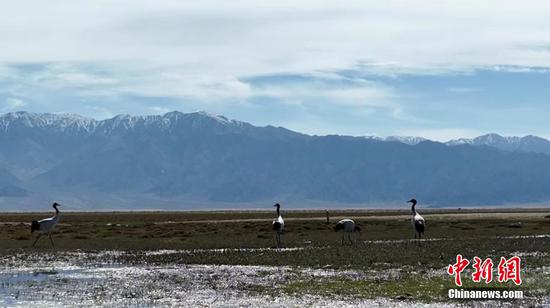
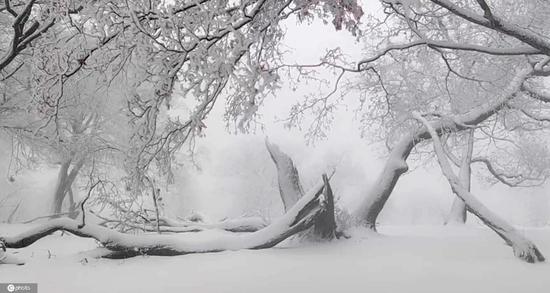
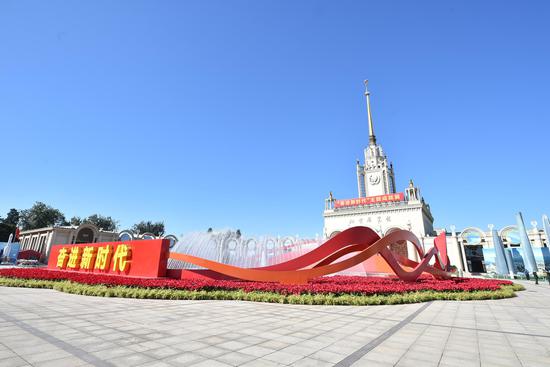
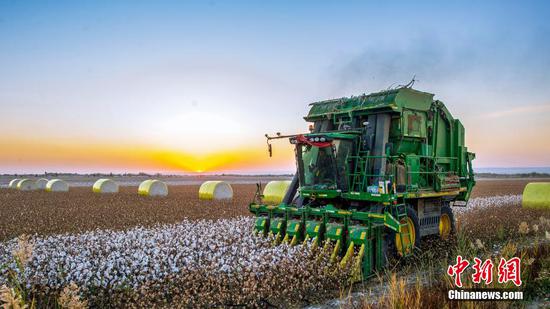
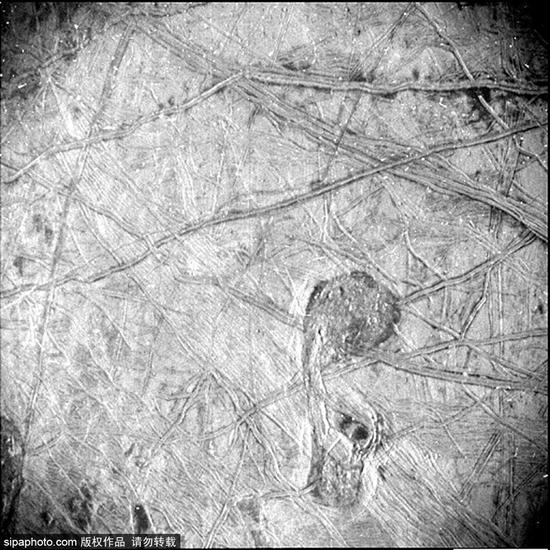
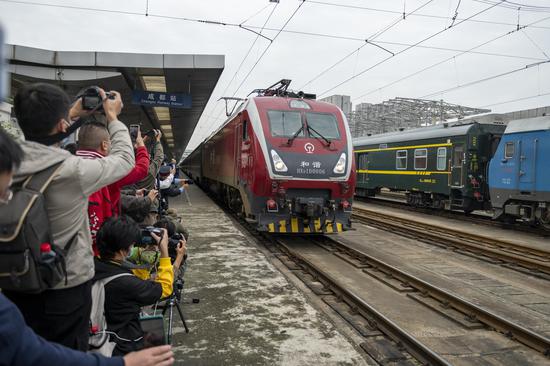
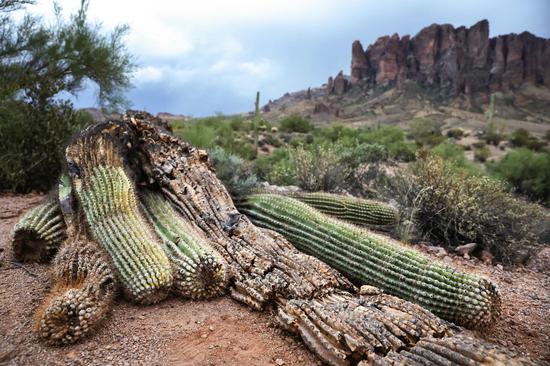
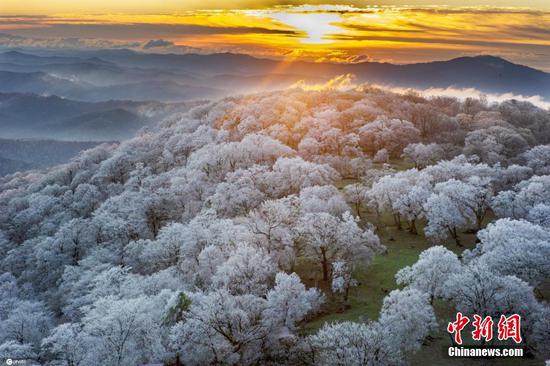
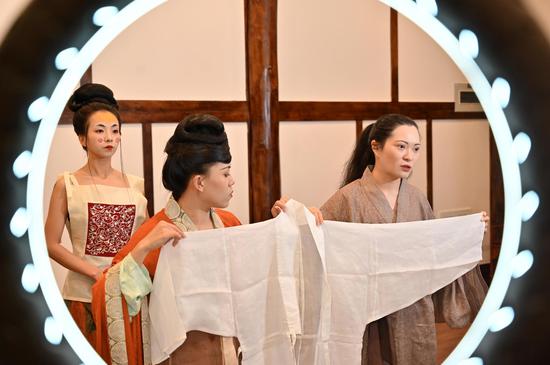
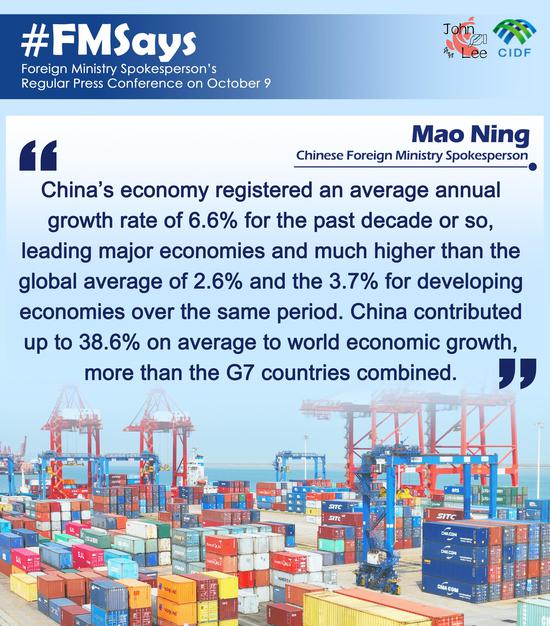
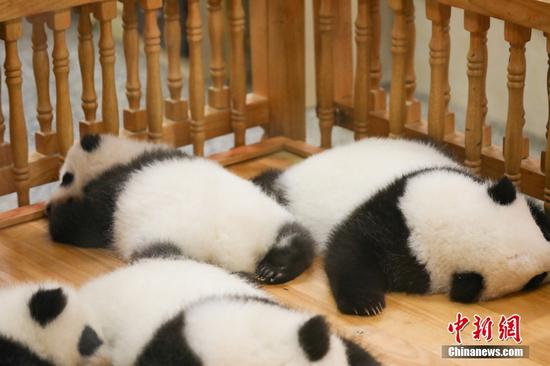
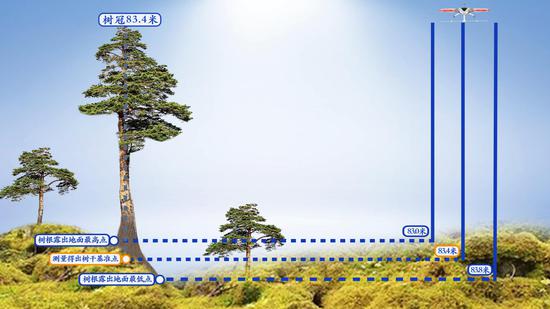
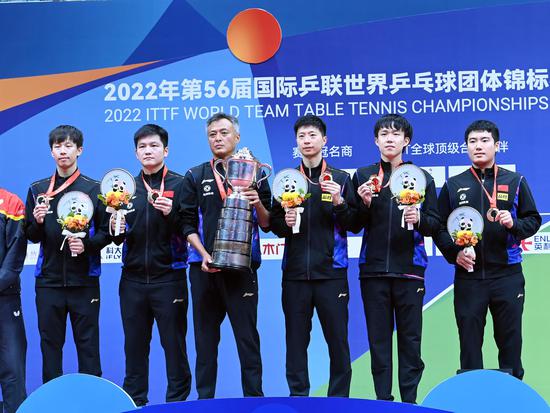
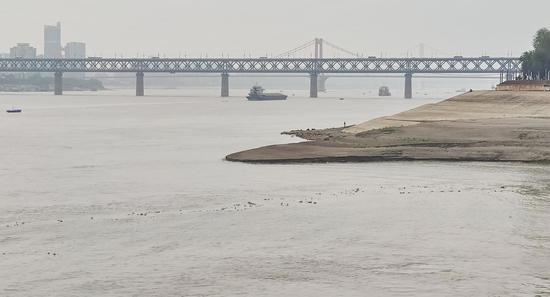
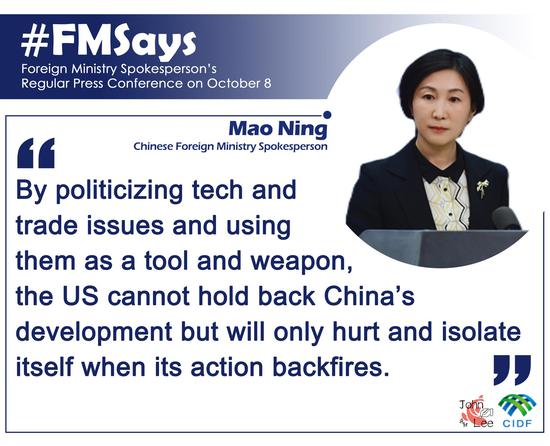
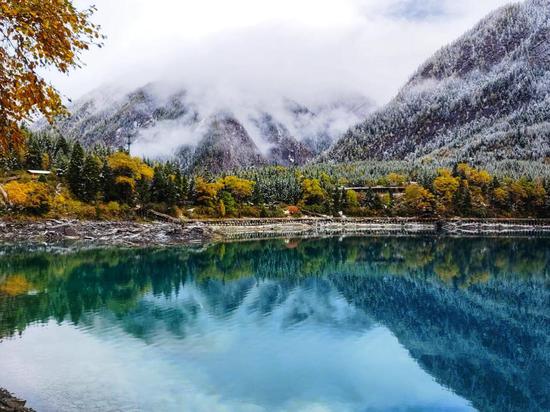
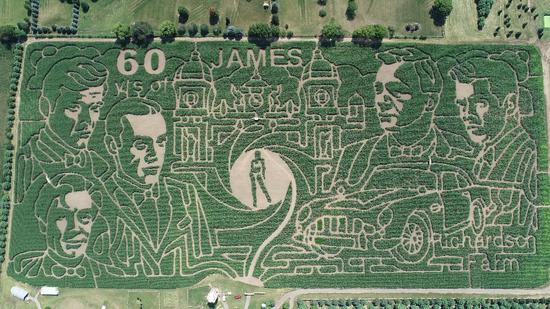
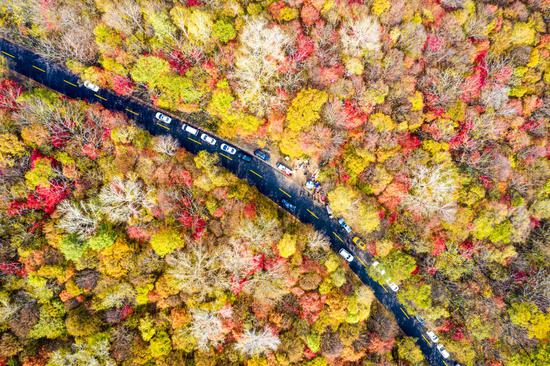
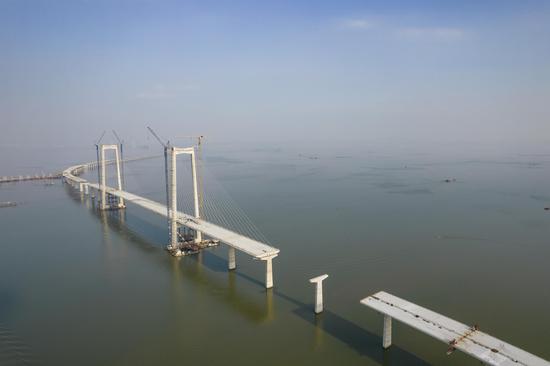
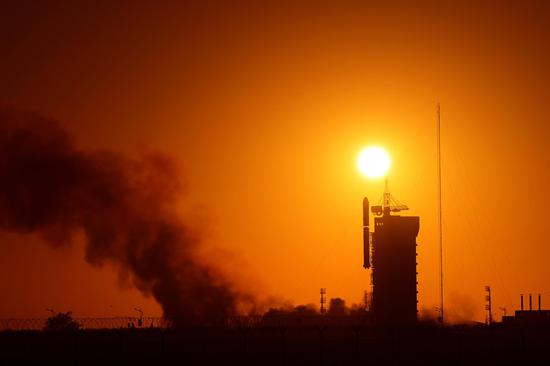
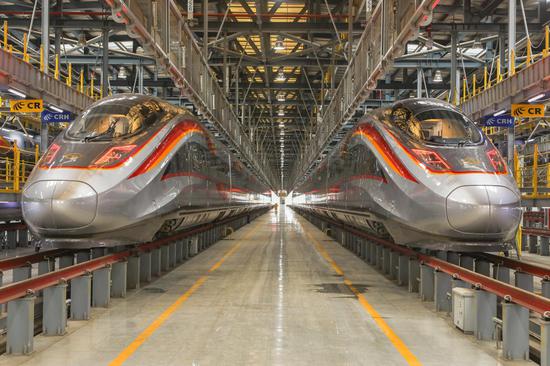
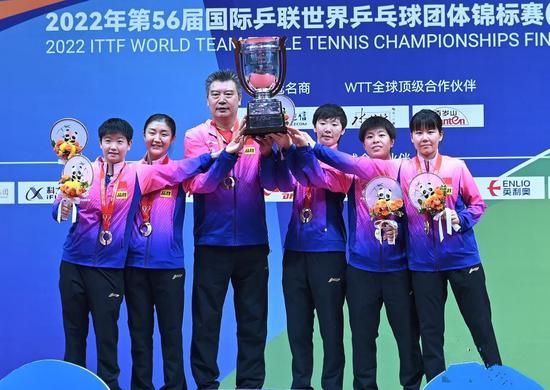





 京公网安备 11010202009201号
京公网安备 11010202009201号